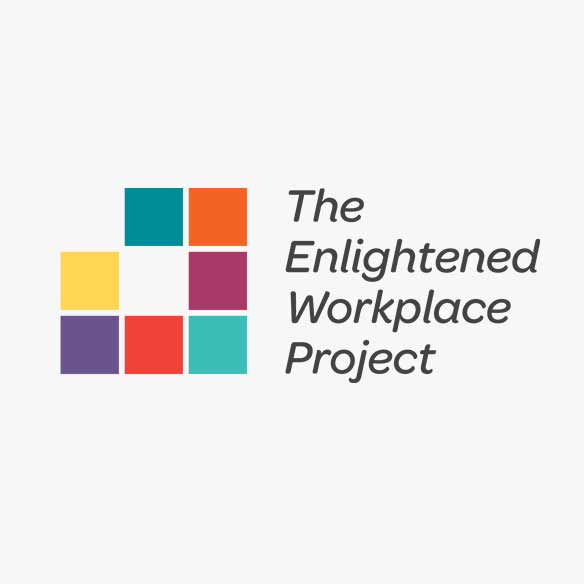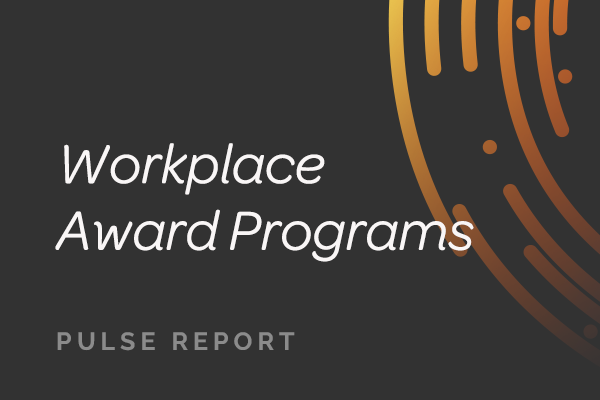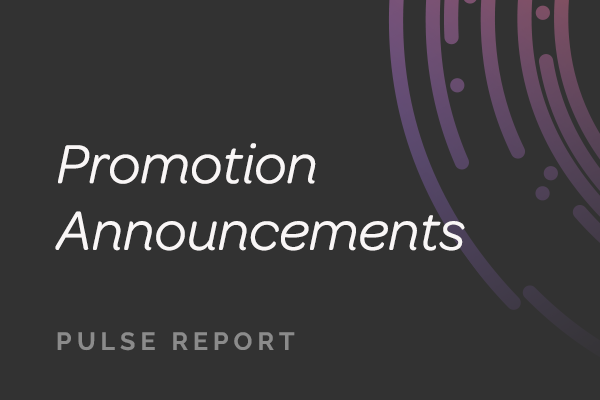
Diversity, Equity and Inclusion and Bringing the Whole Self to Work
June 23, 2021

We have entered the era where we must do business in a way that keeps everyone whole and respects that wholeness. Not doing so is no longer an option. It is imperative that leaders and managers at all levels of organizations use their power, platforms, and resources to create workplaces with more diversity, equity and inclusion, because people look to their leaders to affirm their right to safety, personhood, and equal opportunity.
The Psychological Impact of Social Injustice
According to professors Laura Morgan Roberts of the University of Virginia and Ella Washington of Georgetown, the psychological impact of social injustice and the way it carries over into the workplace cannot be overstated, because today’s issues go well beyond marginalization in the workplace. They believe that without transparent, committed organizational support, minority employees are likely to experience their environments as more biased against them.
New research shows that companies with learning-oriented cultures rank more highly as diverse and inclusive when compared to those that are not. The findings say this is due to the fact that learning-oriented cultures “emphasize flexibility, open-mindedness and exploration” which enables them to more easily adapt and innovate. Such companies, the researchers found, are better positioned to increase diversity within their workforces because companies with learning-oriented cultures naturally seek out people who have unique perspectives and experiences.
Actions to Build a More Diverse, Equitable and Inclusive Workplace
If you’re looking to move the needle toward more diversity, equity and inclusion in your workplace, here are some actions to help your organization do so:
Educate yourself
on issues of race, gender identity, sexism, ableism, and social injustice. Not understanding the issues is not an option. Ignorance is not an excuse.
Evaluate where your organization stands
- Audit your programs
- Conduct focus groups
- Interview employees
- Conduct surveys
Create safe forums
Create safe forums to talk about social justice issues with your team.
Hire diverse talent
Ensure you have diverse talent in your hiring pipeline.
Set a goal to increase team diversity
Make increasing diversity on your team a specific goal.
Create leadership opportunities
Be mindful of creating leadership opportunities for people of color in your company.
Set goals and hold leaders accountable
Create specific, measurable goals around diversity, equity, and inclusion and hold leaders accountable for achieving those goals.
Speak out
Take a stand personally and as an organization against racism, sexism, homophobia, and anti-LGBTQ+ sentiments.
Lesser-talked-about Designations that Make us Who We Are
In addition to definitions of diversity that include gender, race, physical ability, and sexual orientation, it’s also important to acknowledge some lesser-talked-about designations that make us the individuals we are. These additional designations include personal history, religion or faith, personality type, family heritage, identity, side gigs, and outside pursuits to name a few.
Some positive actions you can take to acknowledge and show interest in your employees’ “whole self” include:
Ask questions and listen
1:1 meetings are a great opportunity to ask about people’s lives outside of work before diving into the business of work. Remembering details by writing them down from a prior meeting, goes a long way toward making people feel valued and important. By asking employees about their individual experiences, you honor their uniqueness.
Celebrate
Celebrations don’t have to be expensive parties or time-consuming lunches. And they don’t have to be just about the big life events such as weddings and births. They can be call-outs in a team meeting, or hand-written notes that help employees celebrate a milestone in their lives outside of work. Recognition and appreciation of important goals can build huge amounts of goodwill.
Creatively use their talents
Team members who have side gigs or professional hobbies are building skills outside the workplace that might be valuable. How might those skills serve the work the company is doing in new and insightful ways? And how much more fulfilled might that employee be if they can use the full range of their talents and abilities at work where they spend a large portion of their time?
When employees bring their whole selves to work, they feel more autonomous, and their work feels more meaningful. Because people who feel seen, acknowledged, respected and accepted for who they are in their entirety, will be more productive, engaged, fulfilled and successful at work.
Learn about The 7 Elements of an Enlightened Workplace:
See Also:
Contributors:
Kristin Brownstone
Vice President, Strategist
Kristin has nearly 30 years of experience helping billion-dollar companies make a positive impact on the world. A certified executive coach, author, public speaker and Sparketype Advisor, her expertise has been sought out by leaders at Adobe, Apple, CEMEX, Amazon and numerous other businesses.








